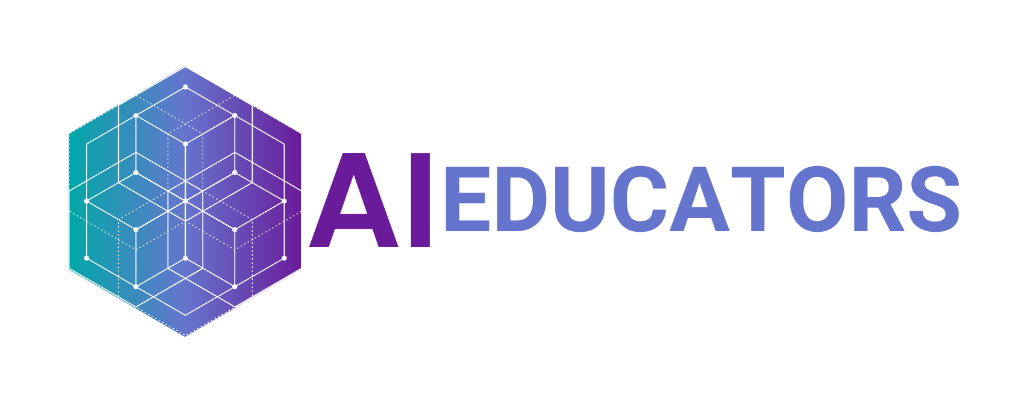Before integrating AI into your teaching practice, it's crucial to familiarize yourself with the legal framework governing its use. This includes laws and regulations related to data privacy, intellectual property rights, and non-discrimination. For example, the Family Educational Rights and Privacy Act (FERPA) protects student data privacy, while copyright laws govern the use of AI-generated content. By staying informed about these legal aspects, you can ensure compliance and avoid potential pitfalls.
One of the most significant ethical concerns surrounding AI in education is the potential for bias. AI systems are only as unbiased as the data they are trained on, and if that data contains inherent biases, the AI may perpetuate or even amplify them. As an educator, it's essential to critically evaluate AI tools for potential biases and take steps to mitigate them. This may involve using diverse datasets, regularly auditing AI systems, and providing transparency about how AI is being used in the classroom.
To use AI legally and ethically in the classroom, educators must prioritize responsible and transparent implementation. This involves clearly communicating to students and parents how AI is being used, what data is being collected, and how that data is being protected. It's also important to provide students with the skills and knowledge to critically engage with AI, understanding its limitations and potential risks. By fostering a culture of responsible AI use, educators can harness its benefits while minimizing potential harm.
As AI continues to advance and its applications in education expand, the legal and ethical landscape will likely evolve. Forward-thinking educators must commit to staying informed about these developments and adapting their practices accordingly. This may involve participating in professional development opportunities, engaging in ongoing dialogue with colleagues and experts, and advocating for policies that prioritize student well-being and equity in AI-powered education.
The integration of AI in education presents both exciting possibilities and complex legal and ethical challenges. By understanding the legal framework, addressing bias and equity concerns, fostering responsible AI use, and staying informed about evolving standards, forward-thinking educators can navigate this landscape effectively. As you explore the potential of AI in your own teaching practice, prioritize transparency, student well-being, and a commitment to lifelong learning. Together, we can harness the power of AI to create more inclusive, engaging, and effective educational experiences for all students.


